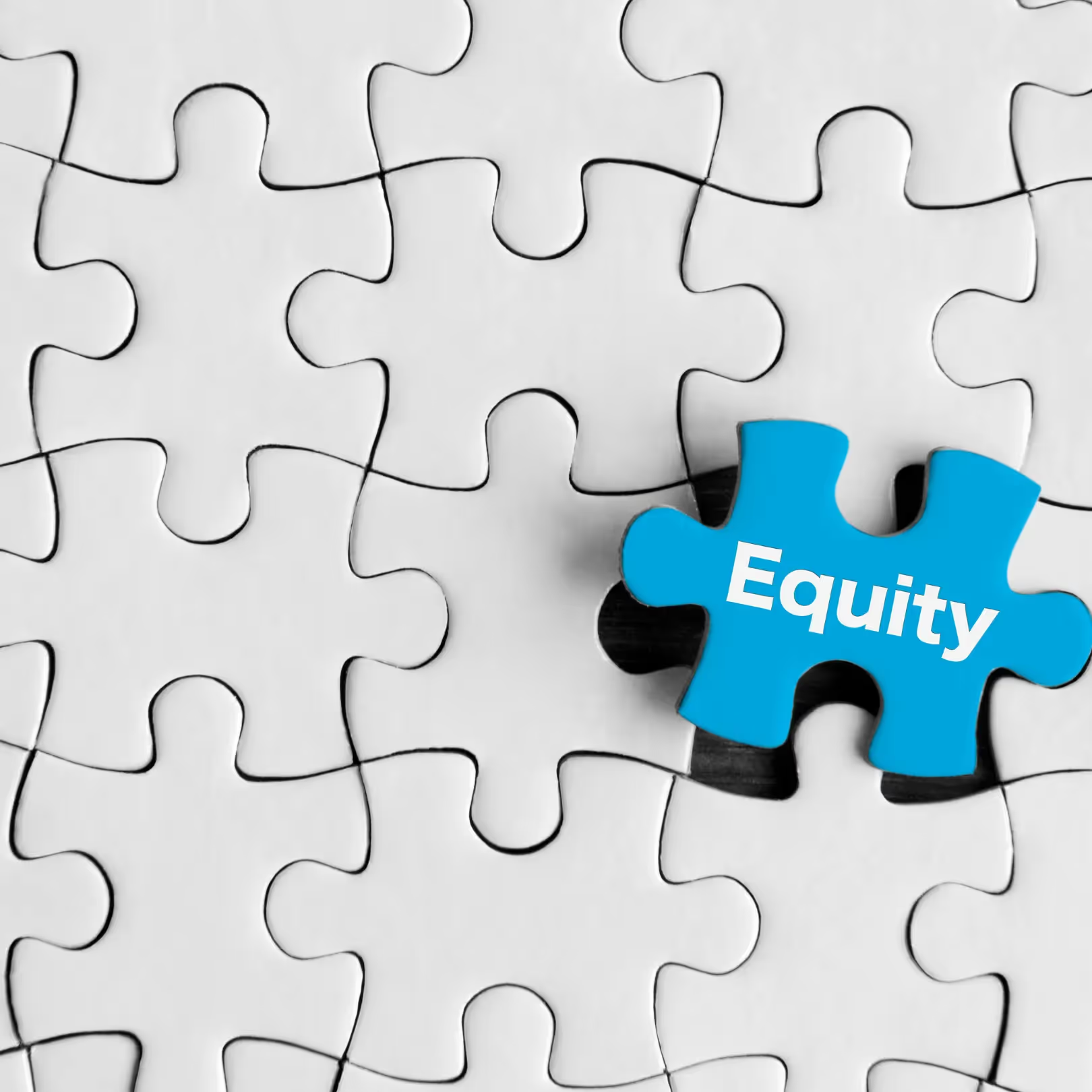“Resilience” can be used to oppress
February 6, 2023

Like most concepts, “resilience” can be used to oppress. I’ve heard messages that shift the burden of ending systemic injustice onto marginalized people, such as If you were more resilient, then racism wouldn’t really bother you. People wielding these types of messages have corrupted a powerful tool. One that educators, in particular, are in need of.
When this occurs, it can be tempting to abandon terms and concepts. But doing so wouldn’t solve the problem, because the problem isn’t the word. Not this word. Not “resilience.”
The problem is that we don’t want to deal with deep pain and suffering, or with historical and contemporary injustice and trauma.
The problem is our inability to listen to each other.
The problem is the desire for a quick fix.
The problem is toxic positivity.
The problem is the speed and pace at which we live.
The problem is our compulsion to distract ourselves from pain.
The problem is our inherent desire for social connection and our struggles to create nourishing connections.
The problem is consumerism and capitalism and an economic reality that is increasingly exceptionally difficult for the majority of people.
The problem is climate change and the existential fear that so many of us, especially young people, live with.
The problem is that we don’t know how to respond to our own anger and fear or other people’s anger and fear.
The problem is how we use words.
The problem is not the word “resilience”.
So what if, like me, you want to keep using the word “resilience?” Do these four things:
- When you use “resilience,” define it. I say, “Resilience is our ability to emerge from a difficult experience stronger than we were before – having learned something about ourselves, having strengthened connections with others, having more resources to respond to the inevitable challenges of life. Resilience is our ability to thrive and not just survive. Resilience is cultivated through things we do and things we think. We are all resilient, and we can become more resilient.”
- Don’t avoid the hard stuff. Make space for the pain and suffering. Ask about it. Honor the pain and suffering.
- Acknowledge collective pain and suffering. We are experiencing numerous social and global crises; entire communities are suffering. We need to be thinking about, talking about, and building communal resilience. Resilience can be built by individuals, but the problems are systemic and affect millions of people.
- Advocate for social, political, and economic change. In my book, Onward, I write about the three conversations we must have when we talk about resilience. These are 1) Individual resilience, 2) Organizational conditions, and 3) Systemic conditions. I write, “We must address the macro, political, and economic context of our education system. Teachers must be paid more, and they must be treated as people who can think and who can learn….We must address the racism, classism, and sexism that exists in our institutions, including in our schools. We’ll need to talk about testing and publishing scores and performance pay. Until we dig down into the structural and system roots of the dysfunctions in our education system, we’ll still see high levels of teacher turnover…we’ll need to talk about capitalism and the legacy of colonialism and property taxes and who votes and for whom we vote. We’ll need to talk about patriarchy and the dehumanization of some groups of people. We must have these conversations, however; our resilience and well-being are connected to them.” (p.6)
I’ve been talking about educator resilience for over a decade, and I’ve never disconnected individual social-emotional needs from our socio-political context. Doing so would personalize pain and suffering in a way that would lead the word “resilience” to be corrupted.
Keep Learning
- Have content just like this sent straight to your inbox. Subscribe to our Weekly Wisdom Newsletter
- Read this article about coaching across lines of difference (3 min)
- Listen to Microaggressions 101, a Bright Morning Podcast Episode
- Learn to compassionately and directly interrupt inequities. Register for our Coaching for Equity workshop today

.avif)
.avif)

.avif)








